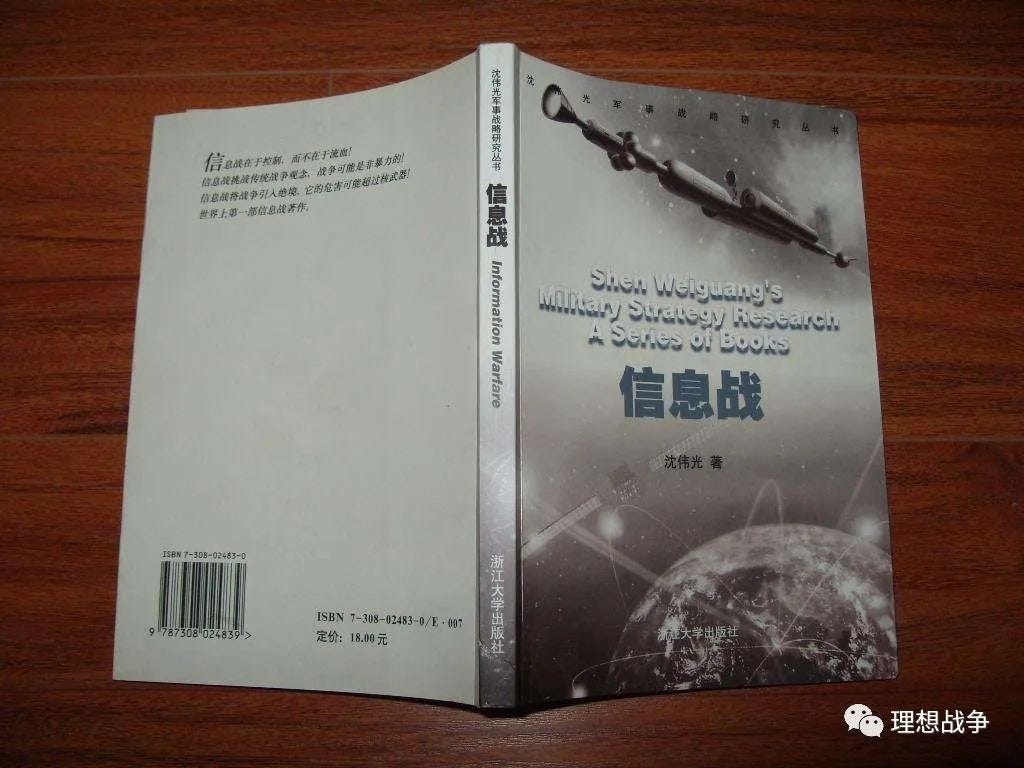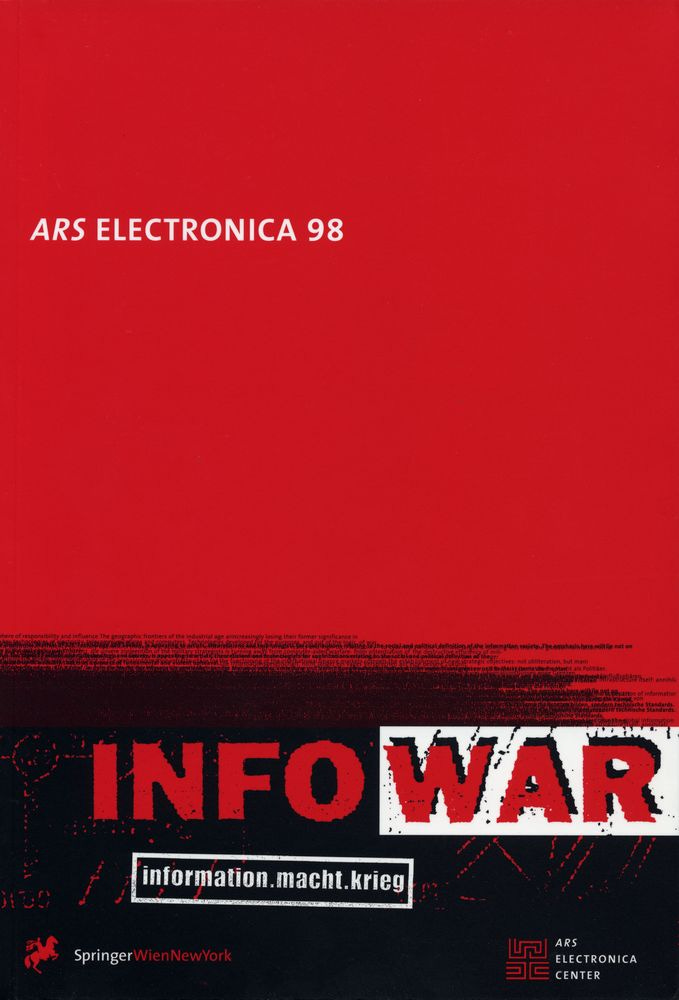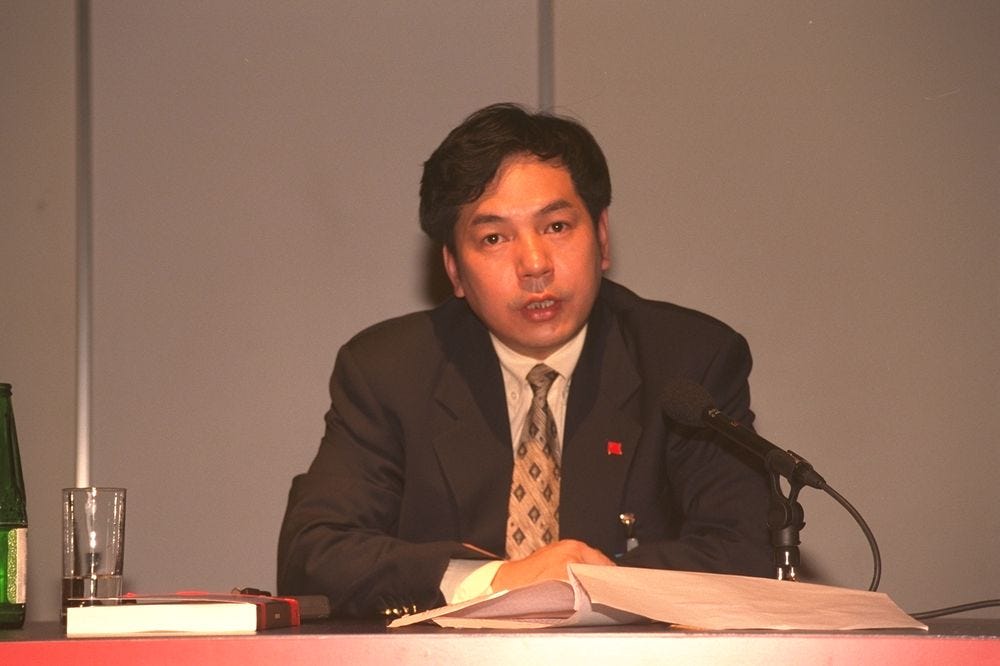Shen Weiguang – Father of China’s Information Warfare Theory, Who Could not Type
“The supreme art of war is to subdue the enemy without fighting” – Sun Tzu.
Note added August 7th 2024: This is a post the Natto Team published on June 8, 2023. It digs into archives and publications published 30 years ago to unveil stories about Shen Weiguang, one of the most prominent theorists in the field of information warfare. Shen's story illustrates Chinese thinking and approaches to technological advancement and its possible setbacks. These kinds of thinking and approaches are still relevant to China's information warfare strategy to present times. The concept of Information warfare, which refers to an operation that uses and manages information and communication technology (ICT) to gain a competitive advantage over the opponent, was introduced in China in the mid 1980s when the country’s development of ICT was still in its infancy. Shen Weiguang (沈伟光), a former Chinese People’s Liberation Army (PLA) major, was one of the most prominent theorists in the field of information warfare. Chinese media reports claim Shen was the first person in the world to develop the concept of information warfare – an exaggerated statement – but more legitimately dub him the father of China’s information warfare theory.
In 1985, however, when Shen Weiguang finished the draft of his Information Warfare book, no publishers had heard of or were interested in the topic. Some even made fun of him, saying “why do we still need the PLA soldiers, if information can fight a war?” Plus, Shen had no military rank at that time and had no affiliation with any state or military research institutes. How did he eventually present his information warfare study to the Chinese government and military? How did he become a recognized futurologist and military strategist in China? Widely reported stories in Chinese media in the early 2000s about Shen Weiguang and his appearance at the 1998 Ars Electronica Festival in Linz, Austria shed light on the very early development of Chinese information warfare theory and its influence on China’s military strategy in the information era. Most of the quotes in this report appeared in multiple Chinese media articles; one example is a 2004 article about Shen Weiguang published by Knowfar Institute for Strategic & Defense Studies (知远战略与防务研究所), a think tank founded by retired Chinese military officers.
Shen: The Concept of Information Warfare Sprouted at the Frontline of the Battle of Laoshan
Shen Weiguang is a self-taught military strategist who never had a chance to have higher education. Shen was born in July 1959 and grew up during the period of Cultural Revolution when colleges and universities were shut down. While growing up, Shen told Chinese interviewers in 2004, he loved to read and write. He tried to find and borrow as many books as possible, even when books were very limited. Joining the PLA in 1976 at the age of 17 and continued reading and writing. In 1978, he had a “crazily” productive year of writing, submitting more than 300 articles to various newspapers. None of them was accepted for publication.
In 1984, Shen Weiguang was sent to Laoshan region on the China-Vietnam border and joined the Battle of Laoshan, which was part of Sino-Vietnameses Conflicts from 1979 to 1991. At the frontline, Shen experienced the brutality of the war, witnessing the deaths of many of his army buddies. In between battles, reading became Shen’s great escape from reality. Two books had a great impact on his thoughts about warfare. One is Alvin Toffler’s The Third Wave, and the other is Carl von Clausewitz’s On War, in which Clausewitz famously said that “war is the continuation of politics.” Shen told a reporter in an interview that the truth of Clausewitz’ statement horrified him. Because politics are part of a human society, that means war as the extension of politics will be inevitable. So, “can there be a slightly more civilized kind of war (with less or no bloodshed)?” Shen asked himself. One solution, Shen thought, might be a new type of war controlled within the information space in a silent and invisible battlefield, a “virtual war” to achieve the will of two opponents. In the agricultural era, soldiers wielded spears and swords; in the industrial era, soldiers had airplanes and cannons. Now that mankind has entered the information age, there ought to be a corresponding new form of warfare.
At that time, the only computers that Shen Weiguang saw were a few machines used as typewriters in an air-conditioning room in the headquarters of his military unit. Whoever entered the computer room and operated those computers had to change clothes and shoes. Those computers looked so delicate and fragile, Shen thought, but he had a hunch that “the information explosion era” could change the type of warfare. Yes, the next round of war facing mankind must be information warfare, Shen thought.
1990: Publishing Information Warfare Book
Shen Weiguang finished the draft of his Information Warfare book during the summer of 1985 while on a break from military duty. As no publishers had knowledge of the topic, his book draft went nowhere. In 1987, Shen drafted an article based on the book manuscript and submitted to the PLA Daily, the official newspaper of the PLA. The PLA Daily adapted his article under the title “The Rise of Information Warfare” on April 17, 1987. Thus did Shen Weiguang present to the Chinese public the earliest alarm about information warfare. Finally, in 1990, the Zhejiang University Press published his Information Warfare book. Coincidentally, in the following year, the First Gulf War broke out after Iraq invaded Kuwait The US military called this war “the first information war.” Chinese media proudly reported it certainly acted as the confirmation of Shen Weiguang’s theory. In 1993, Shen published a sequel, The Information Era.

1998: Shen Weiguang Makes His Global Debut at the Ars Electronica Festival

The story of the Ars Electronica Festival inviting Shen Weiguang to participate in 1998 is fairly dramatic as told in Chinese media. The Ars Electronica Festival is the longest-running and largest electronic art festival, premiering in September 1979 in Linz, Austria. The festival showcases the emergence of digital revolution in the nexus of art, technology and society. The theme of the 1998 Ars Electronica Festival was information warfare. Other than inviting scientists and artists from around the world, organizers also invited more than 50 famous computer “hackers” to show their skills. One organizer proposed inviting a Chinese information warfare expert to the festival because there had never been a speaker from China on that podium. However, when the organizer searched “information warfare, China” on the Chinese domain, the search results did not find any related information. Given that internet access was officially available to the public in China in 1996, online information remained very limited in 1998. On the verge of giving up, the organizer found a mention of Shen Weiguang, “a writer who appears to be at the forefront of China’s information warfare theory,” in a research paper entitled “The Silicon Spear: Assessment of Information Based Warfare and US National Security,” by Charles B. Everett. This research paper was part of a collection of winning papers from the Sun Tzu Art of War in Information Warfare Competition, published by the US National Defense University Press in 1997. Natto Team noticed that Mr. Everett referenced a publication of the US Foreign Broadcast Information Service (FBIS) as his source. This is likely an FBIS translation into English of Shen’s Information Warfare book.
The next task was to find Shen Weiguang in China. In order to do that, the festival organize hired a sinologist who went to China to look for Shen. At that time, Shen had completed his military services and worked as a civil servant in the State Council’s Economic Reform Office, according to a PLA Daily article. The sinologist from the festival met Shen and delivered the invitation, which Shen gladly accepted. However, when asked to send an advance printout of the speech to prepare for simultaneous translation, Shen Weiguang admitted that he could not even type. Indeed, Shen later recalled, he was computer illiterate at that time. Somehow this did not stop him from developing the concept of information warfare.
Describing his speech to the 1998 Ars Electronica in a 2004 Chinese media interview, Shen Weiguang told Chinese media that he originally entitled his speech for the 1998 Ars Electronica festival “Information Warfare – a New Challenge.” An archived copy of the festival program confirms this. However, on his way to Austria, Shen rewrote his speech and changed the title to “The Fight to Curb Information Warfare.” Shen said the inspiration came from seeing the advanced computer facilities at Frankfurt airport. He realized each computer chip is a potential weapon and each computer may become an effective combat unit. A major hidden danger is that the development of information security lags behind that of networks. During that lag, systems are indefensible against even ordinary hackers, not to mention organized information warfare attacks. Therefore, how to contain information warfare is the key.

The diligent and very organized hosts of the 1998 Ars Electronica Festival fully archived materials from the festival, including complete English and German translations of Shen Weiguang’s speech. Natto Team relied on this material, as the Chinese original could not be found.
Shen: The Core and Purpose of Information Warfare from Sun Tzu
At the 1998 Ars Electronica Festival, a reporter from the German Weekly Der Spiegel asked Shen Weiguang how China could be at the forefront of information warfare theory, as China was not developed in the field of information technology. Shen admitted that China still had gaps in the development of information technology compared with developed countries. However, “wisdom is different from technology.” Sun Tzu, the well-known Chinese military strategist, devised a famous maxim more than 2500 years ago: “the supreme art of war is to subdue the enemy without fighting” (不战而屈人之兵,善之善者也). Shen added, – “In fact, this is the core and purpose of information warfare.” In his speech at the festival, Shen also quoted the other Sun Tzu maxims: “to triumph without fighting,” and “if the troops are unscathed, then the victory is all-encompassing.” He argued that “it is only with the advent of the Information Age that these concepts achieve full applicability.”

It is unclear whether Shen Weiguang ever learned to use a computer. That didn’t stop Shen from becoming China’s father of Information Warfare. Actually, he preferred to be called a futurologist; that is how he identified himself on the speaker list of the 1998 Ars Electronica Festival. A futurologist sounds much cooler than an information warfare expert, Natto Team agrees.



